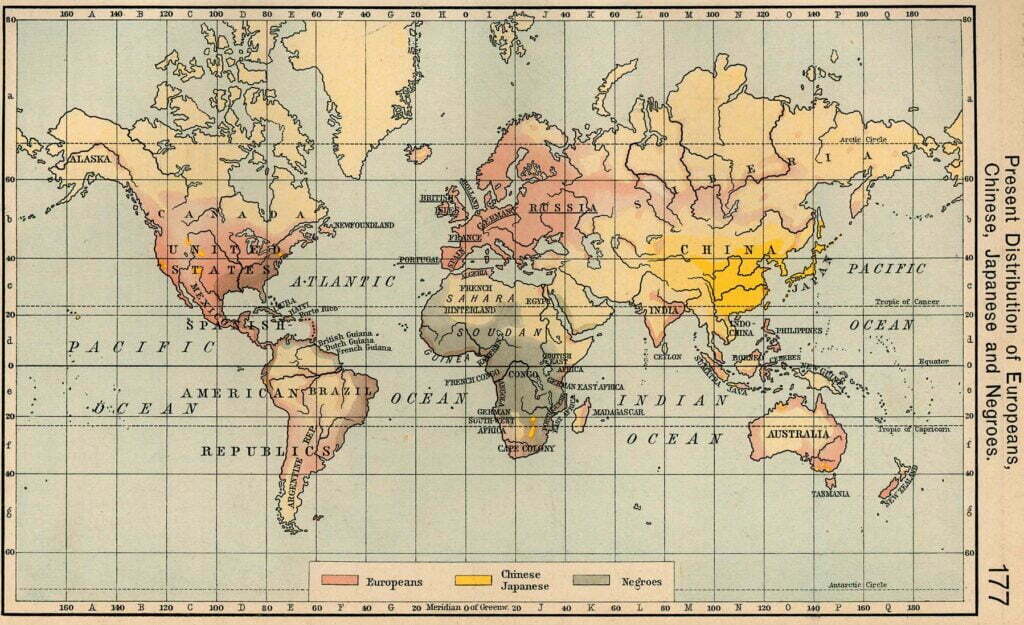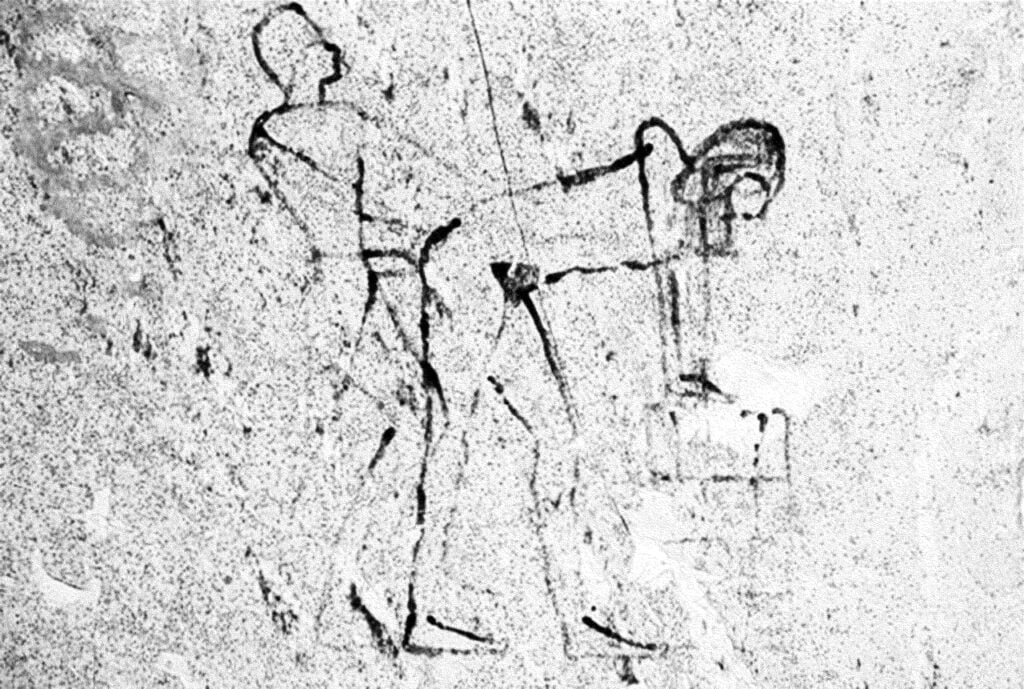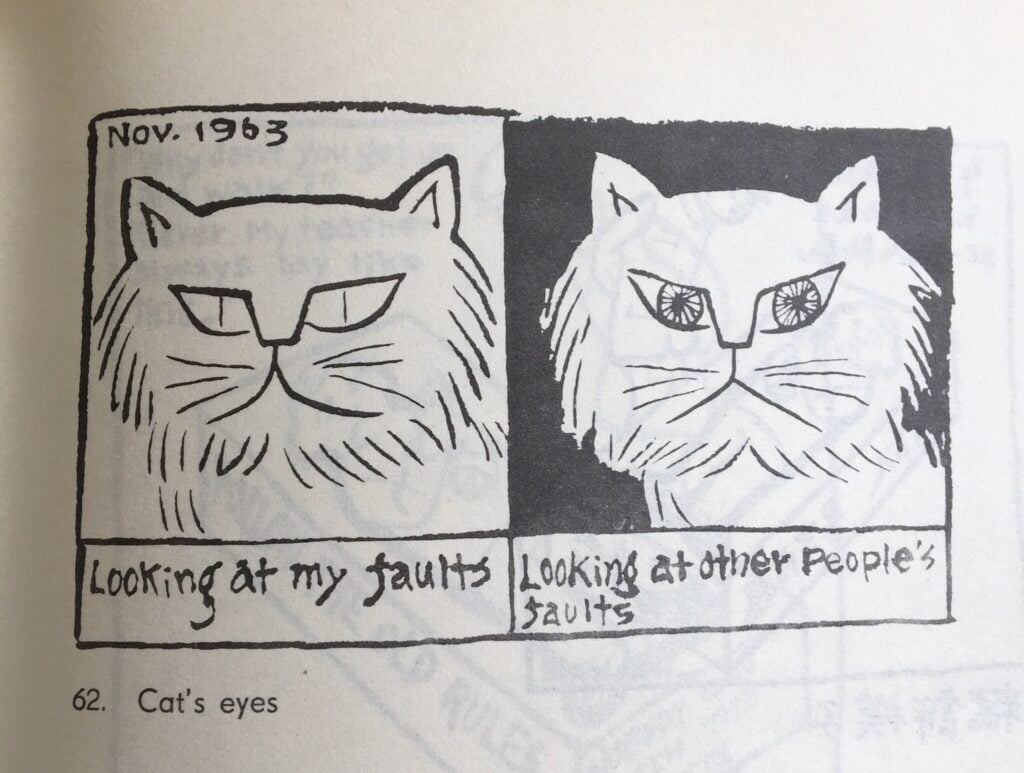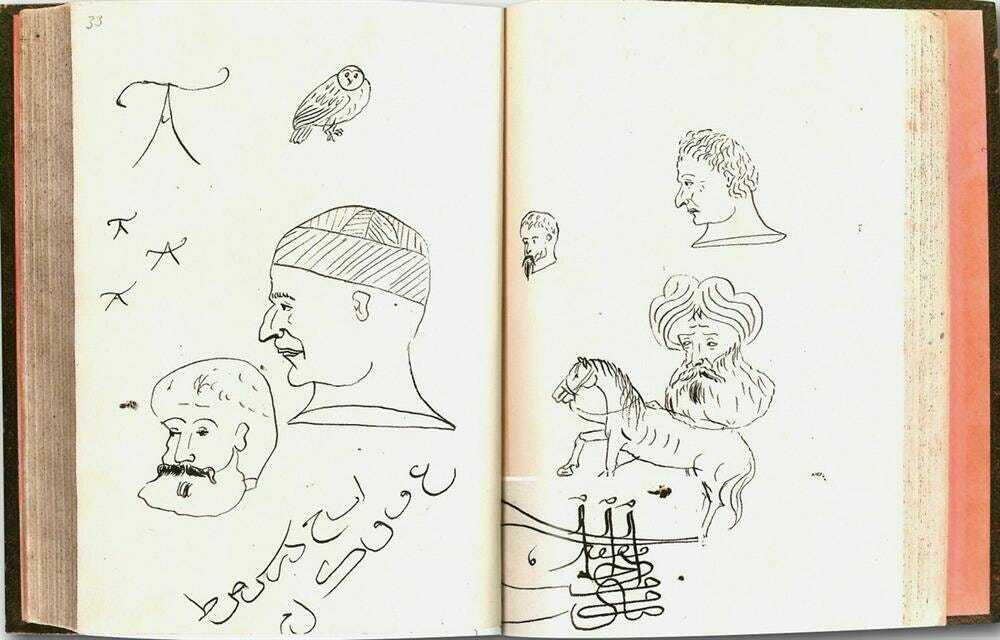Expected Reading Time: 8 minutes
There is this hilarious Tiktok meme going around –that’s likely outdated by the time of posting this– called the ancestors meme. If you haven’t seen it before, the memes describe a “what if” scenario of how our ancestors would react to our lives.
One comedic Tiktok shows that despite the years Arabs will always poke fun at Europeans. Another interesting one mentions how ancient civilizations used Magnesium for medicinal purposes – similar to modern Magnesium pills used in mood stabilization.
During the time I discovered the ancestor meme, I was in the process of reading Seneca’s letters collection. I found that there is a dichotomy in how we perceive our ancestors and what they were like. Not only do we think that they are nothing like us, but we also assume that they are disconnected from us.
When in reality, our ancestors and we have similar goals and feel the same emotions. For example, in Seneca’s 17th letter to Lucilius, Seneca impersonates the reader in regard to riches, writing:
“What stands in my way is my family business. I want to get it set up in such a way that it will be able to provide for me while I am inactive”
This quote shows that ancient greeks wanted to establish passive income. Something that self-help gurus and Twitter finance bros would declare as a ‘revolutionary’ concept in the 21st century.
Seneaca’s book and the ancestor meme lead me to think that we are wrongly viewing our predecessors. Why don’t we believe our ancestors are relatable, when in fact, they are? And more importantly, is there a benefit to finding them relatable?
Why We Don’t Believe Our Ancestors are Relatable
When we think of ancestors –or anything old really– we often imagine serious stern people who lived in dark miserable times. While it may be historically true to an extent –lots of struggling you know–, very rarely do we perceive them as human.

And this monochrome grayscale imagination is the product of how we view history. To understand why we find our ancestors unrelatable, we must first fix our relationship with history as a whole.
History is Boring
Our first interaction with history comes in the classroom. We are taught boring history for the sole purpose to memorize and recite come exam day. Pages upon pages of useless curated historical dates and quotes that don’t excite anyone.

It is no wonder, we develop a dull interest in this subject.
The history you were taught tells stories of wars and politics. But it never mentions what jokes made them laugh, what was popular in their day, what made them cry, and what they gossiped about.
The lack of portrayal of humanity is what creates such a distant rift between us and our ancestors. It is exactly why personal history resonates deeply with people.
Rarely will you remember details about the war of three kings (Battle of the Wadi al-Makhāzin). But the stories told by your grandparents will always remain memorable.

Humanity is why we remember silly historical moments or odd traits about key past figures.
Current Technology and Culture Distance Our Ancestors
Have you ever wondered what our ancestors did before the phone? Me too. As a self-diagnosed ADHD Tiktok-browsing Gen-Z, I find it hard that the people before us were entertained.
And while watching a Youtube video is the modern-day equivalent of having a jester entertain you during royal feasts, there are many things in our time that were not present back then.
It is hard to imagine our ancestors made music without FLStudio or wrote books without Google docs. It is even harder to deal with the fact that our ancestors never had to worry about global warming or AI taking over jobs (I’m totally not concerned at all 😃.)

If there’s anything that makes us feel disconnected from one another, it’s unrelatability. The radical change in technology and culture makes us aware of the vast difference between our lives and our ancestors’, creating a barrier of detachment.
Yet the evidence of the true self exists in the false self. For example, The Sims video game series is at its core: a digital doll-playing experience. Throughout the times, parents always spoiled their kids with toys. And proof shows that ancient Roman girls used to play with movable dolls made with wax and straw.
What I am trying to say is that: while it’s true that our technology –and arguably culture– is nothing as we’ve ever seen before, it is based on pre-existing inventions and concepts that date far back.
Why We Should Find Our Ancestors Relatable
Now that we are aware of why we don’t find our ancestors relatable, we can demolish our premonitions and build new impressions of our ancestors. Starting by understanding the importance of finding our ancestors relatable and the benefits of doing so.
Modern Advice is Based on The Past
The most popular way to receive advice is through online self-help content on social media. From Twitter threads to Tiktoks, the internet is bombarded with self-help content. And if you’ve been a reader of Lessons and Obsessions, you know my stance against this genre.
A major reason –among many– for my hate comes from the content regurgitation problem that self-help media suffers from. Authors are rewriting popular books and ⚡coaches view you as a monetary figure.
Unethical practices aside, the advice that these people give is based on things said and written by our ancestors. That is to say that most of today’s advice –no matter the form– is an evolution of our ancestors’ wisdom.

Whether it’s Nieztsche’s purposefulness (controlling your life) or Confucius’ passiveness (taking life slow), historical literature and ancestral knowledge are the basis of modern advice.
Ancestors Prove That We Do Not Struggle Alone
If our goals and behavior are shared by our ancestors, then it is only natural to assume that our struggles follow the same narrative. After all, we share the same attributes that our ancestors had.
They too had to worry about income, love, and getting manipulated. And while some modern-day issues are new, they are based on common struggles that are derived from history.
Our ancestors were lucky that they never had to worry about AI replacing them. And I’m lucky that I do not have to worry about my next meal.
At the same time, me and our ancestors both worry about mortality and how we would be remembered.
So they built statues, wrote poems, and made art to commemorate their existence. While I write blog posts, record videos, and share memes to make sure that I am remembered online.
In a way, knowing that our problems aren’t unique to us can be reassuring. Sure, it might not be exactly similar, but the things we face are only an instance of something that previously existed.
Acknowledging that I and my ancestors lived different lives but with the same motivations makes me feel…not alone. This knowledge nudges me to start my day when I am at my lowest.
On a related note, there is a meme called ‘the indomitable human spirit’ and it perfectly represents this struggle uniqueness point.

In short, this meme expresses the power of human will and perseverance against the indifferent cruelty of the universe. Its videos often portray individuals continuing to move on despite everything.
What’s beautiful about this meme is that it lists common relatable struggles. Everyone has had bouts of self-hate, mental episodes, and existentialism. For me, these memes prove that we do not suffer alone.
Not only is our pain understood but it is shared by everyone.
Admittedly, modern-day memes do not equal ancestor relatability. Yet both show the humane side that I’ve been mentioning throughout the article.
We too will become ancestors for someone else. When that time comes, that generation will relate to us. They will know that we cried because of a series, laughed hysterically because of amogus (the funniest thing I swear), and pack-bonded with adorable static objects.
Examples of Ancestor Relatability
Pretend this blog is a video and this section is the post-credit scenes. The serious –and really deep– the ending was good but that’s not my style. Also, this is a way to justify the time spent researching this blog and I want to share some cool/fun facts I found.
Guilty of Tomfoolery and Mischief
Given that I’ve brought up three memes during this article, it is only fair to talk about old memes and tomfoolery of older times. Turns out that our ancestors were mischievous folk just like us.
For instance, the Egyptians are credited to feature one of the first political cartoons. It depicted Hatshepsut, the only woman pharaoh, pegging her lover and chief architect Senmut.

In the mid-20th century –specifically in 1963– cartoonist Hua Junwu drew a cat illustration that looks like a modern meme template.

Another example includes Mehmed the Conqueror, a sultan of the Ottoman Empire, who doodled a lot.

And in serious times, people laughed and joked. Much like this WW2 meme –as in the literal sense of a meme, not the comedic meaning– which circulated the world.
Obviously, there are many more examples like Greece’s obsession with female-like males or Mucius who had an intrusive thought of sticking his hand out to the fire when captivated and it burned his flesh until his enemies extinguished the fire.
But, in favor of not making this blog, extremely long I will stop. I don’t know how to end this blog, so this is an abrupt end. Go read the previous section for a good ending. Bye.
